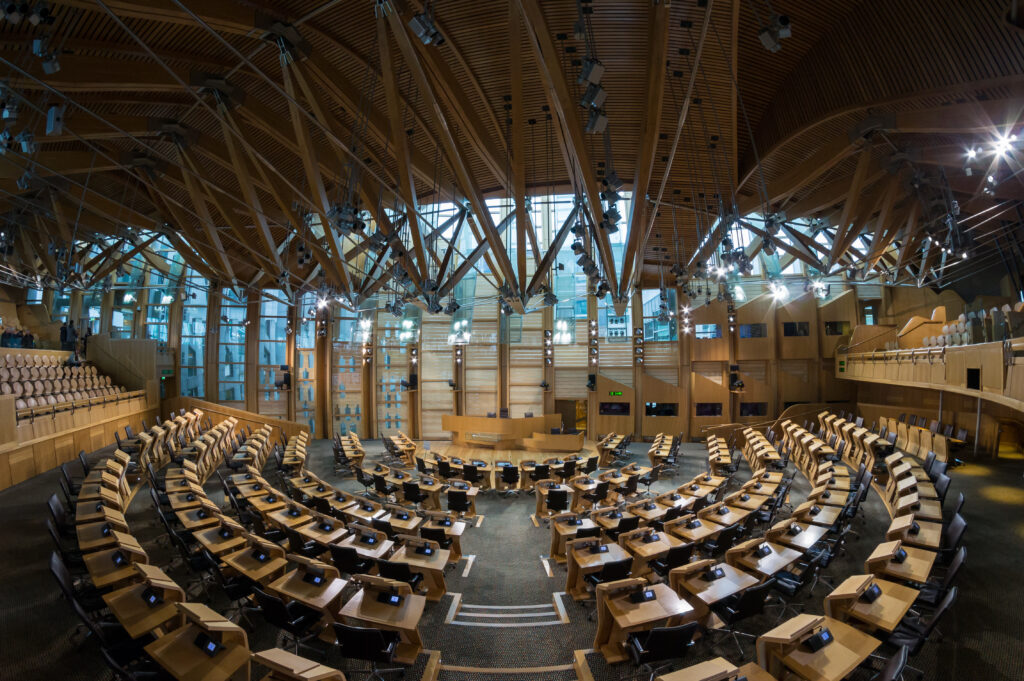Delivering net zero will be a key priority for the Scottish government in its upcoming Budget 2023 to 2024.
As the energy crisis continues to impact households around the country, the need to scale renewable generation technologies and cater for the growing demand has never been more pressing.
Scotland is amongst those setting out a distinct strategy to help facilitate the transition to green and reliable energy sources, including continuing support for its ever-growing pipeline of renewable projects in the country.
Deputy First Minister John Swinney said “relentless prioritisation” was needed to tackle the combined impact of high inflation, the ongoing economic consequences of Brexit and the UK government’s plans to reduce expenditure in future years, which are projected to reduce the Scottish Government’s funding under the Barnett formula from 2025.
He said the Budget would channel support to where it was most needed while beginning a process of reform to help public services face the future with strength and resilience.
Full details of the Scottish Budget will be presented to the Scottish Parliament on 15 December.
“We have allocated £3 billion in 2022-23 to mitigate the impact of the cost of living crisis, including targeted help such as increasing the game changing Scottish Child Payment to £25 per eligible child per week – a 150% increase within eight months,” said Swinney.
“However, given the fiscal constraints of devolution, it is not possible to go as far as we would like and so the Budget will prioritise three areas – eradicating child poverty, transforming the economy to deliver net zero and creating sustainable public services.
“This is a time for firm leadership and bold decision making. Steps we take now will help ensure Scotland emerges from the current crisis a stronger, fairer, greener country.”
The Scottish government recently confirmed that further support measures would be explored for consumers and businesses amid the energy crisis via a summit between energy companies, advice organisations and ministers.
These support measures fell under several key themes including working closely with Energy UK and other organisations to increase smart meter coverage in Scotland, with specific focus on rural areas.
One crucial area to help unlock Scotland’s renewable generation potential is via a cleanse of grid capacity registers, a significant stumbling block for the UK generation sector.
Areas such as Scotland have significant wind power generation potential, a large pipeline for prospective projects, and thus could be expanded and harnessed to develop a sustainable energy system.





